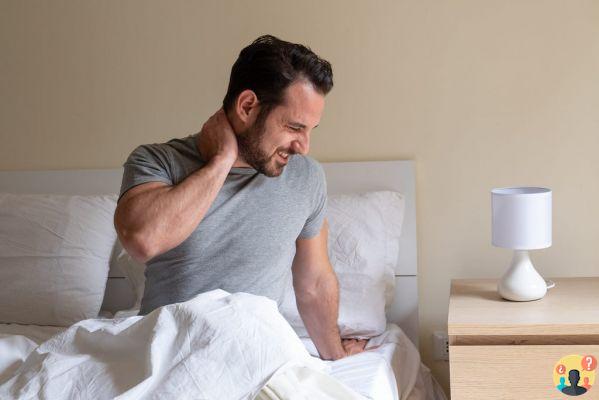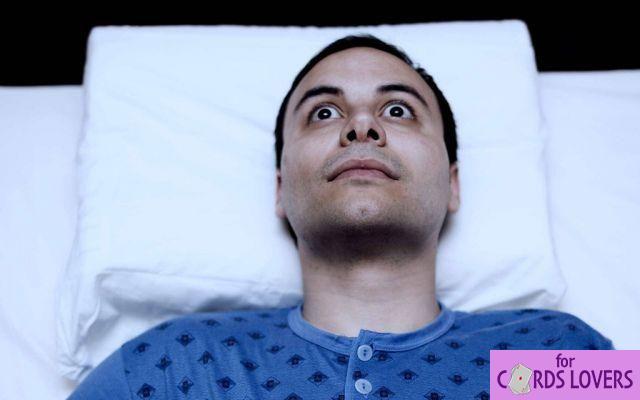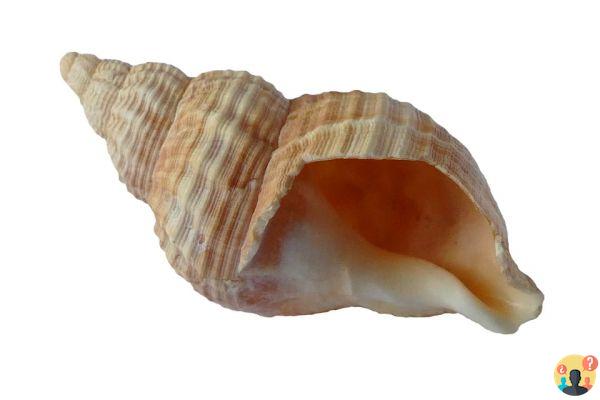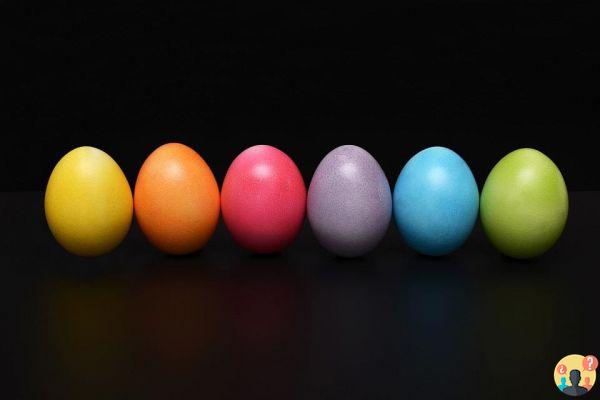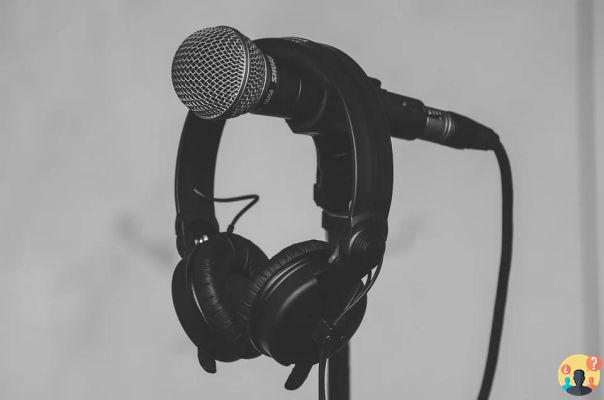
With insomnia and sleep disorders becoming more common, it's only natural that we seek help and treatment on the internet and social media. In this research, one of the most common and commented on "treatments" is ASMR.
ASMR channels are growing in popularity and many already have thousands of subscribers and millions of views. Many of them are specific for sleep and insomnia, although some are made for other purposes.
Despite the repercussions of ASMR, many doubts remain about what it is and how it works. In this content, we will talk about this technique and assess whether its potential is real.
What is ASMR?
ASMR is an acronym that stands for “Autonomous Sensory Meridian Response”. The origin of this term is uncertain and obscure, coming from online forums around the year 2010. The name suggests that it is an automatic sensory response. But it's not very specific, because all of our sensory responses are automatic.
The term "meridian" is even more uncertain, since it has no comprehensible meaning and does not inform anything about its effect. Ultimately, the name itself has no conceptual basis, being instead a grouping of so-called technical words with little connection between them.
How is ASMR?
ASMR is often described as a sensory experience that feels like a tingle. People who experience this feeling usually only achieve it through some form of induced relaxation. This sensation usually starts at the back of the neck and spreads to the head, shoulders and arms.
Despite the reports about ASMR, it can never be measured and there seems to be no physiological manifestation of ASMR in our body. This is a big problem, because to prove that a phenomenon exists in our biology, it must be measured.
For example, we are able to detect an epileptic seizure thanks to the electroencephalogram and we are able to measure sleep thanks to polysomnography. However, it has never been possible to measure or detect ASMR.
For this reason, there is debate as to whether ASMR is really a real phenomenon (as difficult as it may be to assess) or a false or suggested phenomenon (like a placebo effect).
In favor of ASMR, it must be considered that there are recognized neurobiological phenomena, but difficult to analyze. An example is synesthesia, which is widely recognized as a particular sensory phenomenon, but which is also difficult to assess.
Does ASMR help sleep and treat insomnia?
Many youtubers have invested in ASMR to induce sleep. The intention is for sleep to be stimulated by soft, calming sounds, voices, and visual stimuli.
If we can no longer measure ASMR as a general phenomenon, its effects on sleep are even more uncertain. To date, only two studies have been published in scientific journals on sleep and ASMR, both with preliminary and inconclusive data.
In the absence of specific studies on sleep and ASMR, a theoretical analysis can be made.
Theoretical analysis
We already know that auditory stimuli, such as music or relaxing sounds, can actually induce sleep. However, there is no reason to think that an ASMR video is better or more effective than a song to put us to sleep.
In addition, it should be considered that ASMR is usually presented by YouTube, which requires the person to take the mobile phone to bed to watch the video.
We have already seen in another post here on the blog that using cell phones in bed or close to bedtime is a serious problem for people with insomnia and can make sleep significantly worse.
The main issues with cell phone use in bed are brightness and interactivity, which decrease melatonin production and “wake up” the brain. For people with insomnia, this can mean perpetuating sleep problems.
Still, many people say ASMR really helps them sleep better, and others say they can only sleep by watching one of these videos. Does that mean these videos are working? Not necessarily…
Good quality sleep should begin no later than 15-20 minutes after the person has fallen asleep. If someone watches an ASMR video (which is usually over an hour long), they are likely to fall asleep, out of fatigue, although it takes much longer than 20 minutes to do so.
Physiological addiction
Ultimately, what is observed is a form of conditioning, or physiological dependence. It's like someone who's been taking sleeping pills for years. Similarly, the medication may not have as much effect, but the person may not feel able to sleep without it. In the case of ASMR, it is likely that its effect is quite weak and often even impairs sleep. But even so, the person only feels able to sleep with one of these videos.
The craft behind ASMR
The market for sleep products moves millions of dollars a year. This is a consequence of the increased prevalence of sleep disorders. For example, about 15% of people suffer from chronic insomnia and up to 60% of people complain about sleep. Certainly, many of these people are looking for alternatives that allow them to sleep better.
With such a large market, unfortunately, it is common that not all products have proven effective and many have no effect.
ASMR sleep videos and the YouTubers who specialize in them are sure to take advantage of this growing market. Although they have no scientific proof, these videos are free and accessible for the insomniac patient.
Complementary therapies for sleep
Sleep medicine has increasingly opened the door to complementary and non-pharmacological therapies. For example, cognitive behavioral therapy is now considered the gold standard for treating insomnia, often being more effective than sleeping pills. Other techniques such as meditation, mindfulness and yoga are accepted and recommended in many cases.
Therefore, the restrictions of Sleep Medicine with ASMR are not a "peeling", even less a favor to pharmacological therapies. It is simply about the need for any insomnia treatment technique to be backed by scientific evidence.
This is important to ensure the effectiveness of treatments and to prevent side effects. There is still no evidence supporting the effects of ASMR in treating insomnia symptoms or improving sleep quality.
Summary on the relationship between ASMR and sleep
We can conclude that:
- The existence of ASMR cannot be proven, because it cannot be measured;
- There is no biological phenomenon associated with ASMR;
- Even if it exists, the way it is used (via videos) can make insomnia symptoms worse;
- There is no evidence for the effectiveness of ASMR in treating the symptoms of insomnia.






